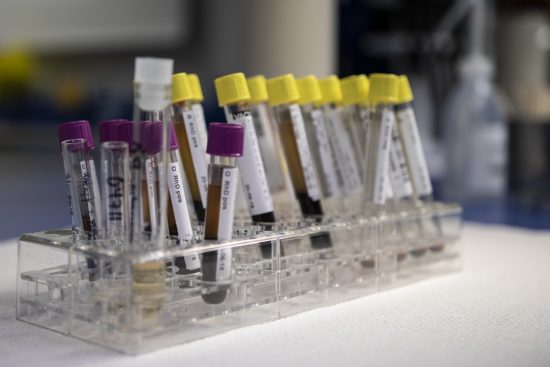Inappropriate empirical antibiotic therapy for bloodstream infections based on discordant in-vitro susceptibilities: a retrospective cohort analysis of prevalence, predictors, and mortality risk in US hospitals
Approximately one in five patients with bloodstream infections in US hospitals received discordant empirical antibiotic therapy, receipt of which was closely associated with infection with antibiotic-resistant pathogens. Receiving discordant empirical antibiotic therapy was associated with increased odds of mortality overall, even in patients without sepsis. Early identification of bloodstream pathogens and resistance will probably improve population-level outcomes.
AMR NEWS
Every two weeks in your inbox
Because there should be one newsletter that brings together all One Health news related to antimicrobial resistance: AMR NEWS!





